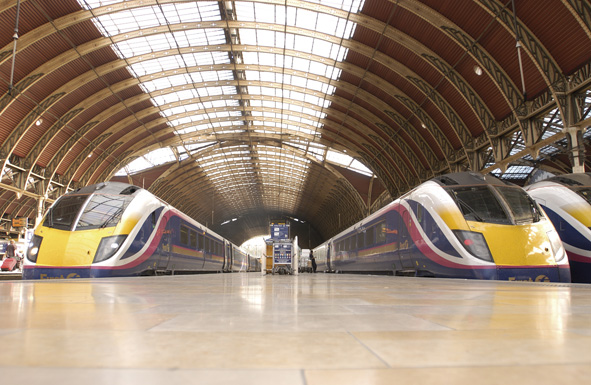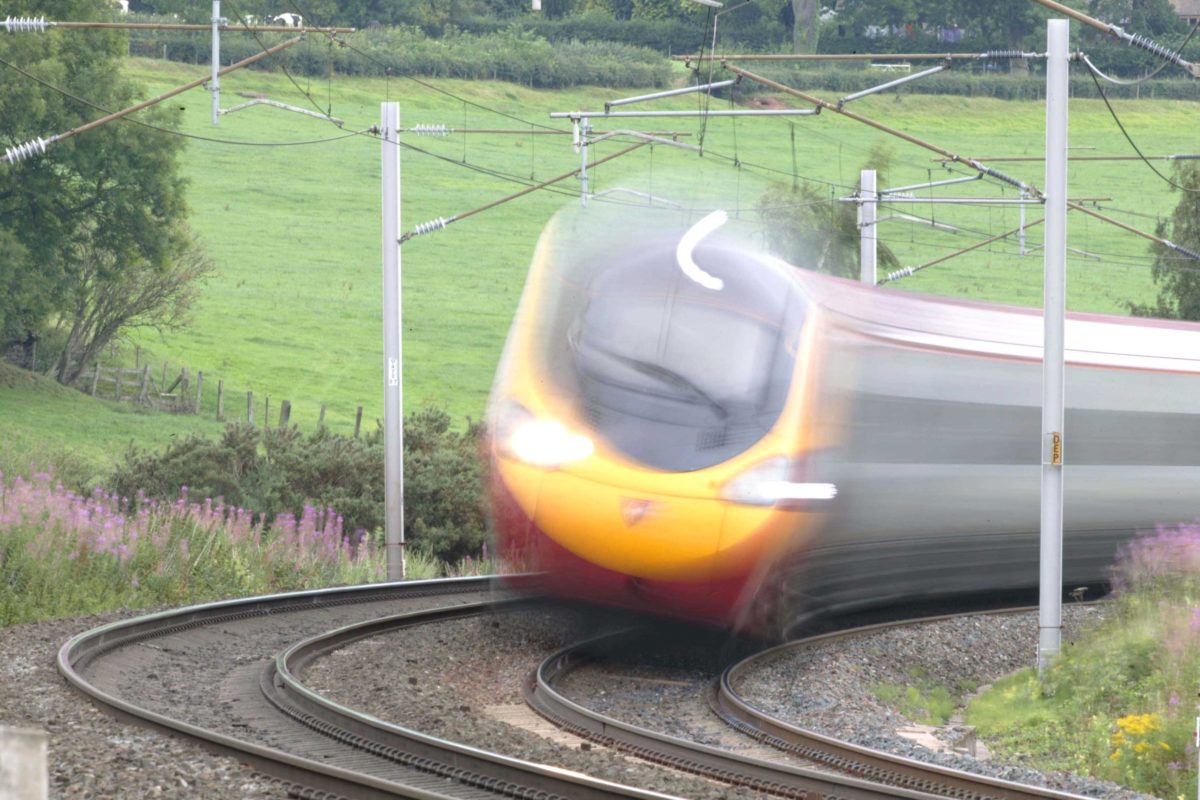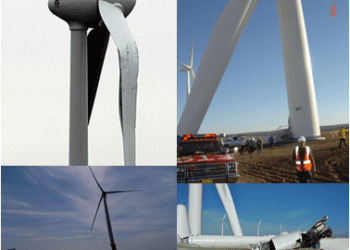All change – the implications of train operator transfers

Like so many of the former public services, today’s rail industry has seen years of change, and it seems unlikely that the pace of change will slow down. One notable aspect is the ongoing ownership transfers of the franchises that operate the trains. These bring many challenges to the new franchisees and to the regulators including:
- Management of organisational change
- Management of all key interfaces with the other interfacing organisations
- Improving performance (typically each new franchise brings with it new performance objectives)
While, of course:
- Maintaining quality of service from day one of the new franchise
- Assuring the safe operation of the railway
There are a number of associated risks which need careful consideration and planning, particularly during franchise bidding. Given the scope of business risks, one way of tackling this issue is to develop an enterprise risk management system as typified by the best practice COSO framework (see Note 1 below).
Some of the typical risk categories that are likely to be relevant include organisational change, safety case acceptance, performance improvements, transfer of assets and transfer of staff.
ORGANISATIONAL CHANGE
Inherited staffing levels and the desire for performance improvement are likely to require significant organisational change. It is vital that this process ensures that all relevant competencies are maintained for business-critical roles.
SAFETY CASE ACCEPTANCE
While initial operations may be carried out under the original safety case, any restructuring of the organisation or services is likely to require amendment of the safety case. This will require significant planning ahead of time to allow timely acceptance.
PERFORMANCE IMPROVEMENTS
There are multiple risks affecting planned improvements, not least being the dependency on third parties. Failure to achieve planned improvements may directly affect financial performance, or risk impugning reputation or knocking customer confidence and loyalty.
TRANSFER OF ASSETS
There is always a huge array of assets to be transferred, including IT systems. Many will need to be operational on day one. If, for example, payroll systems fail to operate, this could cause an enormous loss of confidence from staff in the new owner.
TRANSFER OF STAFF
All the relevant staff would transfer under the TUPE arrangement – or would they? Many franchises are owned by umbrella organisations who have shared many of the functions up to now.

STAYING ON TRACK
As the examples above demonstrate, new ownership inevitably brings new risks as well as new opportunities. While this is no reason to be daunted, history teaches us that big changes can mean big problems, and the potential for risks to occur should not be underestimated. Fortunately, many of the risks associated with ownership transfer are not unique to the railway industry and experience from other business sectors is readily available. Moreover, there are well established tools and techniques to aid in the systematic and structured identification and control of risks.
With the timely adoption of best practice processes, there is no reason why risks cannot be successfully managed. So here’s to each new successful franchise, a satisfied regulator and a rail service to be proud of!
Note 1 – The Committee of Sponsoring Organizations of the Treadway Commission is an independent private US organisation that promotes business ethics, effective internal control and corporate governance.
This article first appeared in RISKworld Issue 9.








